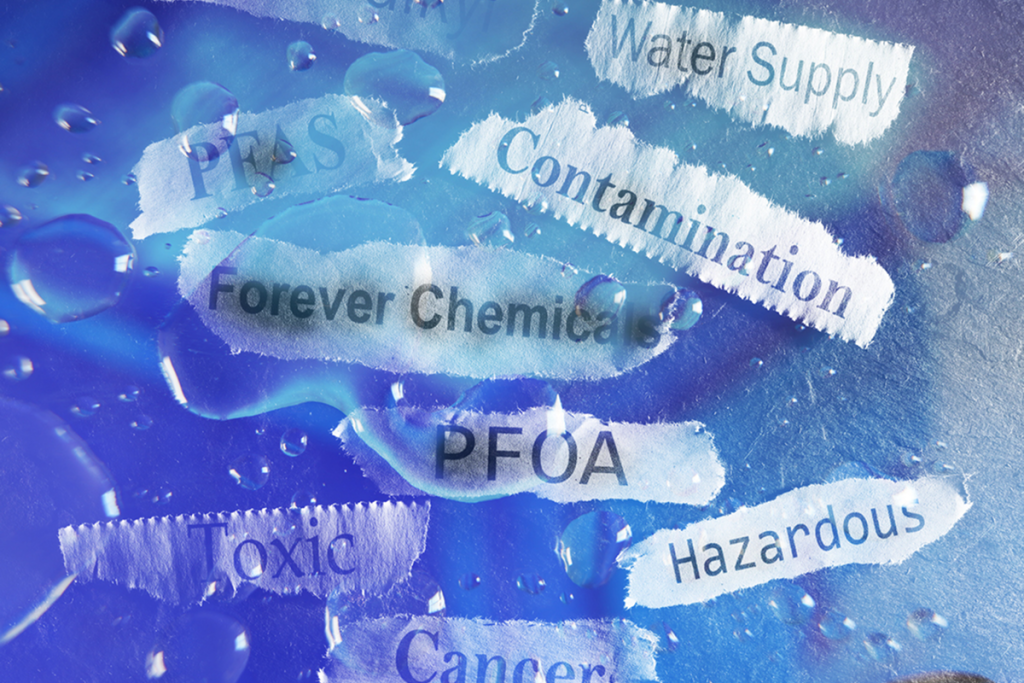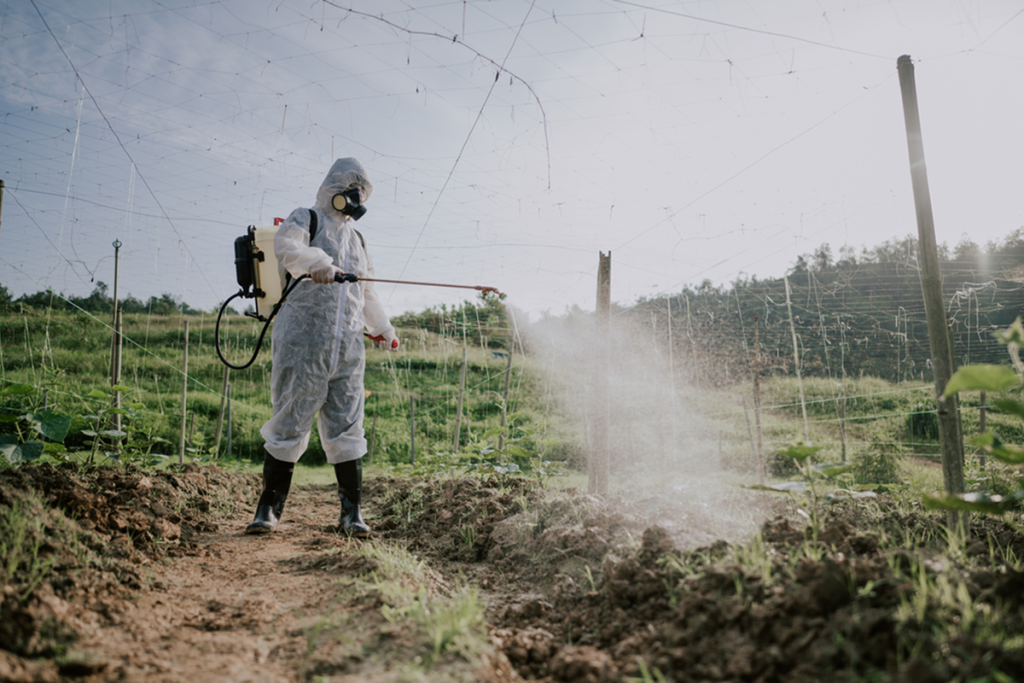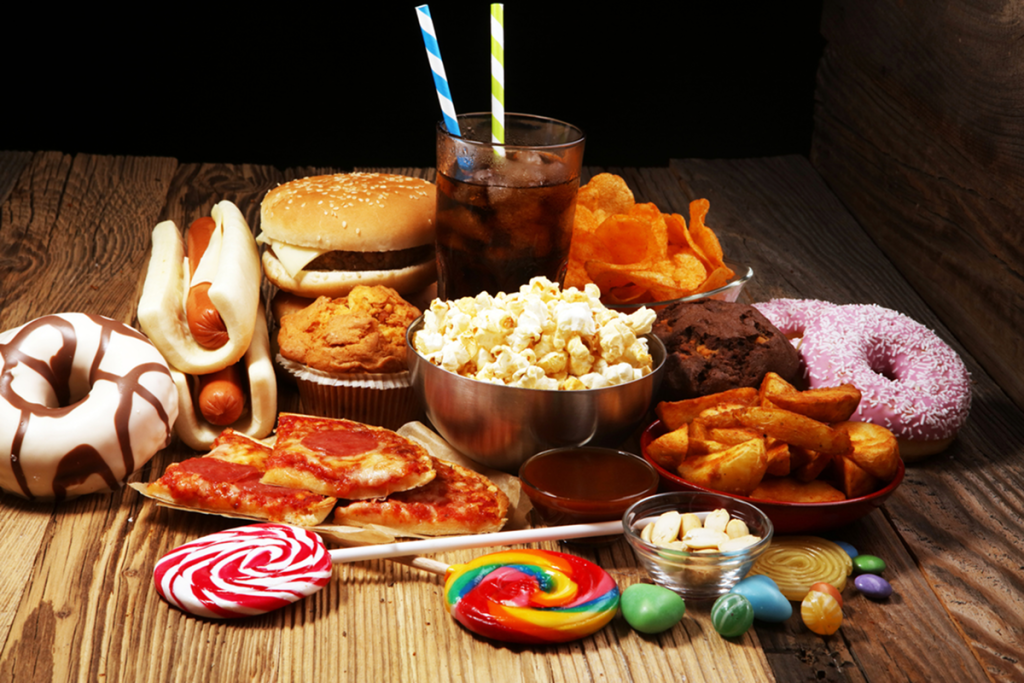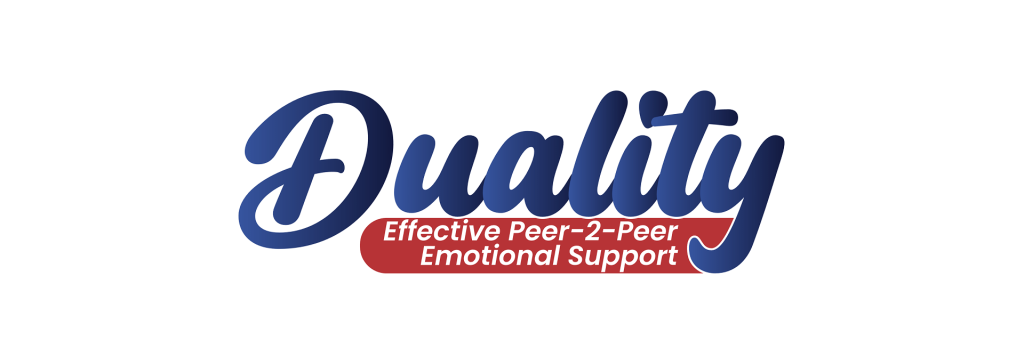Overview
Why does this tragic reality of breast cancer persist for women in 2025? Despite significant medical advances, breast cancer remains a relentless challenge for women of all backgrounds, transcending race and health status. The reason for this is that only 5% of breast cancer is genetic – caused by the BRCA1 or BRCA2 or other genes – that means that
a staggering 95% of breast cancer is environmentally caused!
Women globally share common exposures: our food, water, and everyday products: plastics, personal care items, clothing, and more—create a web of risk. BCA research has linked thousands of toxic chemicals to breast cancer, highlighting a troubling trend. We have unknowingly traded our health for convenience over the last 75 years, leading to a global epidemic of this disease. Each claim we make is grounded in solid scientific evidence. Take charge of your health today.
Uncovering the hidden dangers in your : make-up , feminine products and cleaning suppliesare just the start in identifying the 900 + endocrine-disrupting chemicals that lurk in our daily lives. BPA (bisphenol A) & BPS (bisphenol S) are two of the most common culprits found in MOST of our daily use products – and thermal receipts from stores, restaurants, bars and yes your doctors offices! BCA recommends that you avoid touching these receipts as much as possible – take a picture, ask for an email or just say no it.
Excessive exposure to these receipts is how our Founder & BossLady Roxann Abrams got breast cancer. She has the medical records to prove her exposure coincided with her diagnosis.
Endocrine disrupting chemicals (EDCs)
EDCs are one of the most deadly unseen enemies lurking in our everyday lives, posing serious threats to our health and well-being. These insidious chemicals are found in products we trust, like everyday cleaning agents, our cosmetics, feminine hygiene products, sun screen, lotions, and deodorants and that’s just for starters.
Understanding and addressing EDCs is about protecting ourselves and our children – and creating a healthier world for future generations.
BCA is boldly exposing the truth about these hidden breast cancer causing dangers in our environment and taking action to protect ourselves and our loved ones.


PFAS Chemicals In Our Water Supply
Imagine a world where the water you drink, cook with, and bathe in carries invisible threats to your health. That’s the world we live in today.
Per-and polyfluoroalkyl substances (PFAS) are a group of synthetic chemicals that have infiltrated our water supply, earning the nickname “forever chemicals” due to their persistence in the environment and the human body.
PFAS chemicals were introduced into manufacturing in the late 1930s. They were first developed by DuPont and 3M as part of their research into creating fluoropolymer coatings, which led to the invention of Teflon in 1938. These chemicals have since been used in products like non-stick cookware, water-repellent clothing, and firefighting foam, and accumulate over time and have been linked to serious health problems, including cancer, liver damage, and immune system disruption.
The alarming reality is that PFAS are everywhere are associated with increased serum uric acid concentrations, reproductive health issues, diabetes, kidney effects, asthma, and neurobehavioral outcomes and breast cancer, making it crucial to understand their dangers and take the initiative to protect ourselves and our families from these silent invaders. been associated with increased serum uric acid concentrations, reproductive health issues, diabetes, kidney effects, asthma, and neurobehavioral outcomes.
Pesticides & Herbicides
These chemicals are used to keep our gardens and food crops free from pests and weeds and carry hidden dangers that can impact our health in profound ways. They contain widely used substances like glyphosate that have been linked to an increased risk of breast cancer.
When we come into contact with these chemicals, either through our food, water, or air, they can disrupt our hormonal balance, mimicking or blocking natural hormones like estrogen causing breast cancer. This disruption can lead to abnormal cell growth and the development of cancerous cells, particularly when exposure occurs during critical periods of breast development, such as in the womb or early childhood. The evidence is clear: limiting our exposure to these harmful chemicals is crucial for protecting our health and preventing breast cancer.
It is time to take a closer look at what’s in our home use gardening products and food supply, taking the steps to make the critical changes needed to stop the proliferation of breast cancer in ourselves and loved ones. It is imperative to properly wash fruits and vegetables before eating and cooking them so we are not ingesting them in large quantities.


Ultra Processed Foods (UPF)
Ultra-processed foods (UPFs) are more than just convenient snacks and meals; they are another hidden threat to our health.
Packed with artificial additives, preservatives, and high levels of sugar and fat, UPFs are definitively linked to an increased risk of breast cancer.
Studies now show that a diet high in UPFs disrupts our hormonal balance, leading to abnormal cell growth and cancerous breast tumors. The convenience of these foods comes at a high cost to our well-being, making it crucial to understand their impact and make healthier food choices.
It is time we open our eyes to what we are really eating and prioritize our health over convenience.
Empower Yourself Now!
Emotional Support is critical to your healing. Even if everything goes smoothly with your treatment a cancer diagnosis is stressful. Reach out to your support network to help you emotionally on a regular basis.
And then use Duality to fill in the gaps!
References
- Endocrine Society, EDCs, their presence in cosmetics, and their effects on hormone function.
- World Health Organization (WHO), reviews pesticides in our food
- U.S. Geological Survey (USGS),A study estimates that at least 45% of U.S. tap water contains PFASDuality LLCWorld
- Yale Medicine,Links UPFs to 32 health conditions


